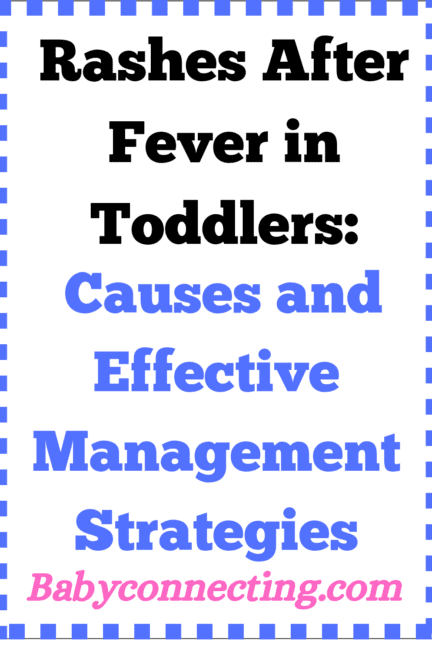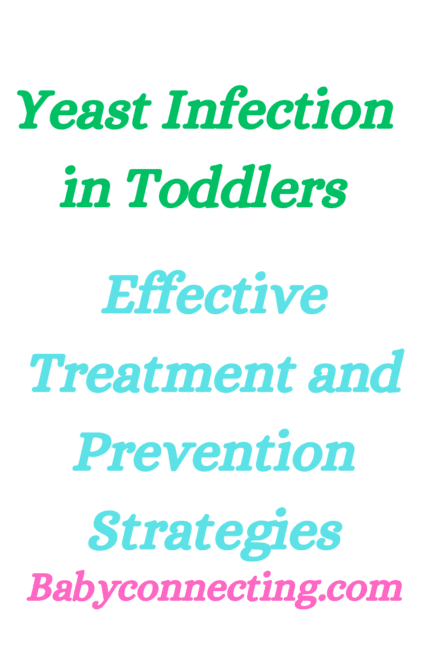“Understanding Stomach Flu in Toddlers: Causes and Remedies”
Introduction:

Stomach flu, also known as viral gastroenteritis, is a common illness that can affect toddlers, causing symptoms like vomiting, diarrhea, and abdominal discomfort.
Understanding the causes of stomach flu and knowing effective remedies can help parents provide comfort and care to their little ones.
In this article, we’ll explore stomach flu in toddlers in easy language, supported by research references, to provide a comprehensive understanding of this condition and empower parents with practical remedies to alleviate symptoms.
What Causes Stomach Flu in Toddlers?
Stomach flu in toddlers is primarily caused by viral infections, with the most common culprits being norovirus, rotavirus, adenovirus, and astrovirus.
These viruses are highly contagious and spread through contact with infected individuals, contaminated surfaces, or consumption of contaminated food or water.
Toddlers are particularly susceptible to stomach flu due to their developing immune systems and tendency to put objects in their mouths, increasing their exposure to germs.
Signs and Symptoms of Stomach Flu in Toddlers:
Recognizing the signs and symptoms of stomach flu in toddlers is essential for prompt management. Common signs may include:
1. Vomiting:
Toddlers with stomach flu may experience frequent episodes of vomiting, which can lead to dehydration if not managed properly.
2. Diarrhea:
Loose, watery stools are another hallmark symptom of stomach flu in toddlers, often accompanied by abdominal cramps or discomfort.
3. Fever:
Some toddlers with stomach flu may develop a low-grade fever, though not all cases present with fever.
4. Loss of Appetite:
Due to nausea and stomach upset, toddlers may show a decreased interest in eating or drinking during the illness.
5. Lethargy:
Stomach flu can leave toddlers feeling tired, weak, or irritable, leading to increased sleepiness or restlessness.
Remedies for Stomach Flu in Toddlers:
While stomach flu typically resolves on its own within a few days, parents can help alleviate symptoms and prevent complications with the following remedies:
1. Fluid Replacement:
Encourage your toddler to drink plenty of fluids, such as water, oral rehydration solutions (ORS), diluted fruit juices, or clear broths, to prevent dehydration and maintain hydration.
2. Small Frequent Meals:
Offer small, bland meals throughout the day, such as rice, bananas, applesauce, toast (BRAT diet), or crackers, to help settle your toddler’s stomach and provide essential nutrients.
3. Probiotics:
Some research suggests that probiotics may help shorten the duration of diarrhea and reduce the severity of symptoms in children with stomach flu. Consult your healthcare provider about suitable probiotic options for your toddler.
4. Rest and Comfort:
Ensure your toddler gets plenty of rest and comfort during the illness. Create a quiet, comfortable environment for them to relax and recuperate.
5. Oral Rehydration Therapy:
In cases of severe dehydration, your healthcare provider may recommend oral rehydration therapy (ORT) with electrolyte solutions to replace lost fluids and minerals.
Research References:
1. Guarino, A., Ashkenazi, S., Gendrel, D., Lo Vecchio, A., Shamir, R., & Szajewska, H. (2014). European Society for Pediatric Gastroenterology, Hepatology, and Nutrition/European Society for Pediatric Infectious Diseases evidence-based guidelines for the management of acute gastroenteritis in children in Europe. Journal of Pediatric Gastroenterology and Nutrition, 59(1), 132-152.
2. Szajewska, H., & Guarino, A. (2015). European Society for Pediatric Gastroenterology, Hepatology, and Nutrition/European Society for Pediatric Infectious Diseases evidence-based guidelines for the management of acute gastroenteritis in children in Europe: update 2014. Journal of Pediatric Gastroenterology and Nutrition, 60(5), 562-583.
Conclusion:
Stomach flu is a common illness in toddlers, typically caused by viral infections and characterized by symptoms like vomiting, diarrhea, and fever.
While it can be distressing for both toddlers and parents, most cases of stomach flu resolve on their own with supportive care and symptom management.
By recognizing the signs of stomach flu, providing appropriate remedies, such as fluid replacement, small, frequent meals, probiotics, and rest, parents can help ease their toddler’s discomfort and promote a speedy recovery.
However, if symptoms persist or worsen, or if you have any concerns about your toddler’s health, consult a healthcare provider for further evaluation and guidance.
With proper care and attention, most toddlers with stomach flu can recover fully and resume their normal activities in a short period.




